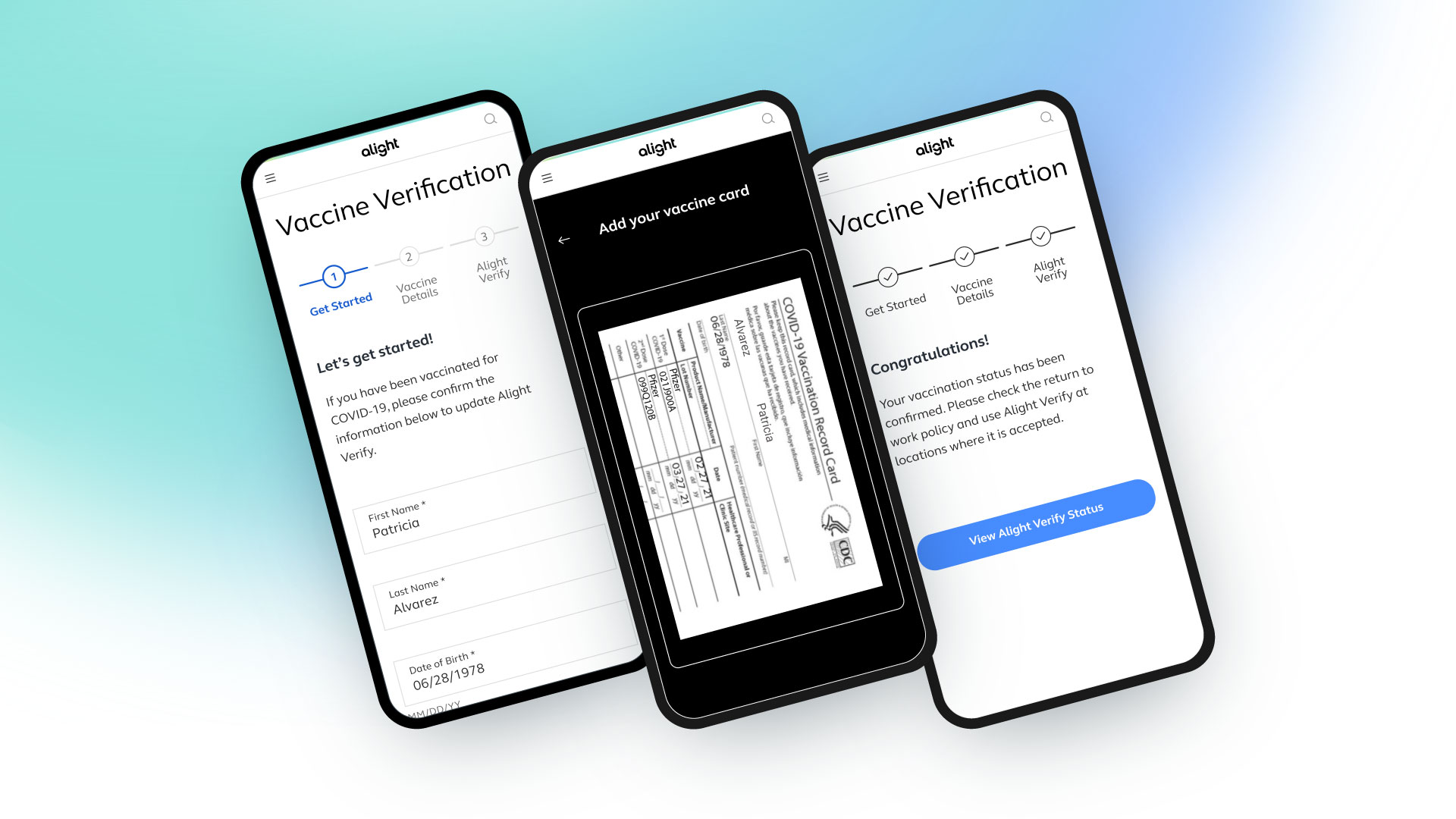The federal vaccine mandate for large employers has been struck down by the Supreme Court. Mask requirements are falling by the wayside from coast to coast. Most importantly, the number of COVID cases and deaths are plummeting across all U.S. regions, leading infectious disease experts to begin speaking of COVID potentially moving from a pandemic to an endemic. In other words, we may be poised to simply learn to live with COVID, much like we do the seasonal flu, possibly receiving an annual booster based on whatever variants are circulating in any given year.

For a world that’s grown weary of a two-year-plus pandemic, the long-awaited return-to-normalcy seems to be just over the horizon. What does this mean for the workplace? With the exception of the health-care industry, which is operating under a Center for Medicare and Medicaid Services vaccine mandate, most private employers are on their own in deciding what, if any, COVID-related requirements they want to implement. (Vaccine requirements for certain federal contractors and subcontractors continue to develop, pending legal challenges in the federal district courts and courts of appeals.)
Regardless of whether a company implements a COVID vaccine mandate, tracking the vaccination status of their workers is an important component of managing the health and safety of the workforce and ensuring business continuity.
There are four primary factors driving the need for a vaccination tracking strategy:
- Associated companies may require vaccination. Some employers may not feel the need to adopt a vaccine mandate for their own workplace but will require easy access to employees’ vaccination status because certain clients, customers, or business partners won’t allow unvaccinated individuals to perform work at their site.
- Social distancing isn’t always possible. For many employers, a vaccine requirement will make sense, even if not required by state or federal law. Examples include industries where employees work in close quarters, such as manufacturing and meatpacking, or companies where employees are hesitant to return to the workplace if their co-workers are unvaccinated. Tracking vaccination status is also helpful when an employee tests positive and the employer needs to assess the risk to colleagues identified through contract tracing. Vaccinated employees might not be required to undergo COVID testing or quarantine for as long as unvaccinated workers.
- The workforce is dynamic. Regardless of how hard you work to keep attrition low, the workforce you have today is not the same workforce you’ll have three months or six months or one year from now. As people reevaluate what they want from a job, employee mobility is at an all-time high. With an ever-changing workforce, it’s imperative to maintain an up-to-date vaccination database so employees don’t slip through the cracks.
- The COVID landscape can change quickly. Over the past several months, we’ve seen the emergence of several variants. Some, like Omicron, were highly contagious, but nowhere near as deadly as the first wave of COVID infections, while the Delta variant caused widespread severe illness and death, particularly among the unvaccinated. We will surely continue to see new COVID variants emerge and sadly, some will likely be more virulent. Tracking vaccination status enables employers to navigate this continually changing landscape.
Vaccination verification
With Alight Verify, employers gain visibility into the vaccination status of their workforce, along with data-driven insights that may help them delineate between areas of local outbreaks and areas where a higher percentage of the workforce is vaccinated. Employees simply enter their vaccination data and upload their vaccination cards, which are securely stored within the Alight platform where they regularly access and engage with their HR and benefits applications.

“It was easy and quick to get through the process,” said one employee after submitting their vaccination information through Alight Verify. “I got my email today, clicked the link, updated and done.”
As we increasingly speak of COVID in the past tense, questions remain. Have we been lulled into a false sense of security? Is there another highly contagious and exceptionally deadly COVID variant lurking around the corner? Or have we truly reached the point where we can leave the virus in the rearview mirror? Only time will tell, but it’s crucial that employers remain vigilant and adopt a strategy for tracking employee vaccine status, so they’ll be prepared to act in the best interest of their workforce and customers no matter what surprises the pandemic may still hold.
Learn more
To learn more about Alight Verify, our secure digital solution that allows employers to manage vaccine requirements and leverage data in driving business continuity decisions, please reach out to your Alight contact today.


